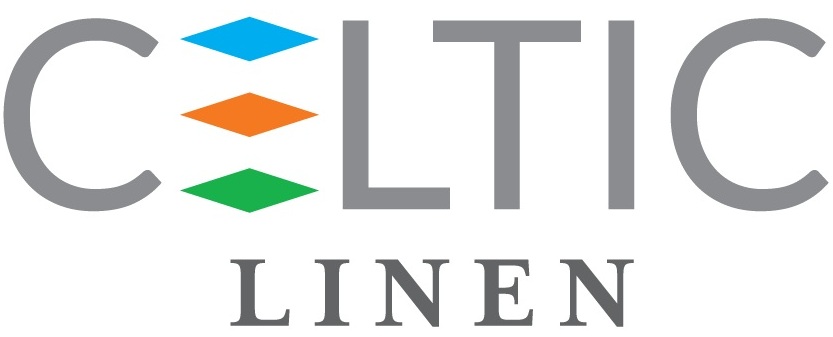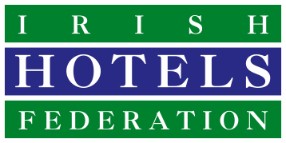


Environmental Sustainability


Celtic Linen is a leading provider of Linen Rental with facilities in Naas & Wexford; we employ 300 people, across 3 laundries and 4 distribution centres. We are certified in accordance with ISO 9001, ISO 14001, and RABC EN 14065.
Our target by, 2022 is to achieve ISO50001We believe that a strong approach to sustainability is a prerequisite in today’s environment and can help us to achieve our business goals, strengthening our reputation and customer relationships, by aligning our goals and customer goals.
We focus on stewardship in three major areas:
- Energy consumption
- Recycling
- Environmental impact
CONSUMPTION
WATERInvestment in better technology Investment in new equipment and processes, have led to significant reductions in water usage.
More efficient operations We have conducted detailed ‘water balance’ audits that help us to understand and manage water and effluent efficiently.
Reducing water consumption In 2019, we consumed 91 million cubic metres of water, which equates to 3.2 litres per kilogram of product processed. This is a 3% reduction compared to 2018. Today, we can recycle almost all the water we use.
By 2021, we will further reduce the amount of fresh water used by 5% and increase the amount of water recycled to 92%
ENERGYInvestment in renewable energy In 2017, we reviewed renewable energy alternatives at our facilities inline with accreditation. We demonstrate your commitment towards sustainability, as today we purchase 100% renewable certified electricity from renewable sources as verified by Commission for Regulation of Utilities (CRU).
Using less energy… This was lead in the past 18 months by reduction of natural gas by 15% and electricity by 7% by introduction of investment in new technology, processes and implementing a series of energy efficiency programmes.
Generating fewer emissions… By using less energy and investing in renewable sources of energy, we have reduced the greenhouse gas emissions related to the fossil fuels and electricity that we use.
By 2020, we will target a further 5% reduction in energy consumption through number of initiatives, energy focused workshops and audits. This is a combined effort by our own employees and with the assistance of external experts
ENVIRONMETAL IMPACT – CUSTOMER CHANGE
Reducing our waste Celtic is a member of REPAK and is committed in implementation of recycling best practices throughout its operations. In 2018, we began to roll out a new waste management system across the business. This requires each process facility to identify:
- sources of waste
- develop a detailed action plan to reduce this waste
- put in place processes to collect data and monitor performance
In 2019, we generated 32.3 tons of waste, excluding packaging waste received from our suppliers, but including all elements of our own waste, namely retired textiles. Of this waste:
- 70% is either recovered, reused or recycled and we will continue to increase this percentage throughout, 2020 and beyond
Responsible products We understand that there are some important social and environmental issues associated with the supply chains of cotton, and we are supportive of improvements in this area. With this in mind, we have two main areas of focus:
- Role of the consumer awareness of textile environmental issues associated with the supply chains of cotton and care of such linens
- Development of eco friendly product ranges
Working with our customers Our aim is to continue to reduce the amount of packaging used to protect our products and to use more renewable, recycled materials and delivery methods. As a result of this we often work with them to help them achieve their own ambitious sustainability goals.
For example, leading the way in terms of Green Hospitality, we are working on a project with one of Irelands’ leading 5 star hotels to eliminate plastic packaging in terms of linen delivery. This is an example of Celtic Linen aligning our sustainability goals with customers in a very visual and effective way. Project example:
- In 2019, 60% of linen delivered without plastic
- Target, to fully eliminate plastic by 2020
Looking to the future We are exploring product design and ways that we can increase the longevity of textiles through education.
Contact details:
- Contact us on 05391/65700 or email info@celticlinen.ie www.celticlinen.ie
- Or contact our Sales Team
- Martin Murphy – Sales Manager
- 086-2591315 | Martin.murphy@celticlinen.ie
- David O’Connor – Hospitality Commercial Manager
- 086-8041729 | David.oconnor@celticlinen.ie




 © 2023 Irish Hotels Federation
© 2023 Irish Hotels Federation